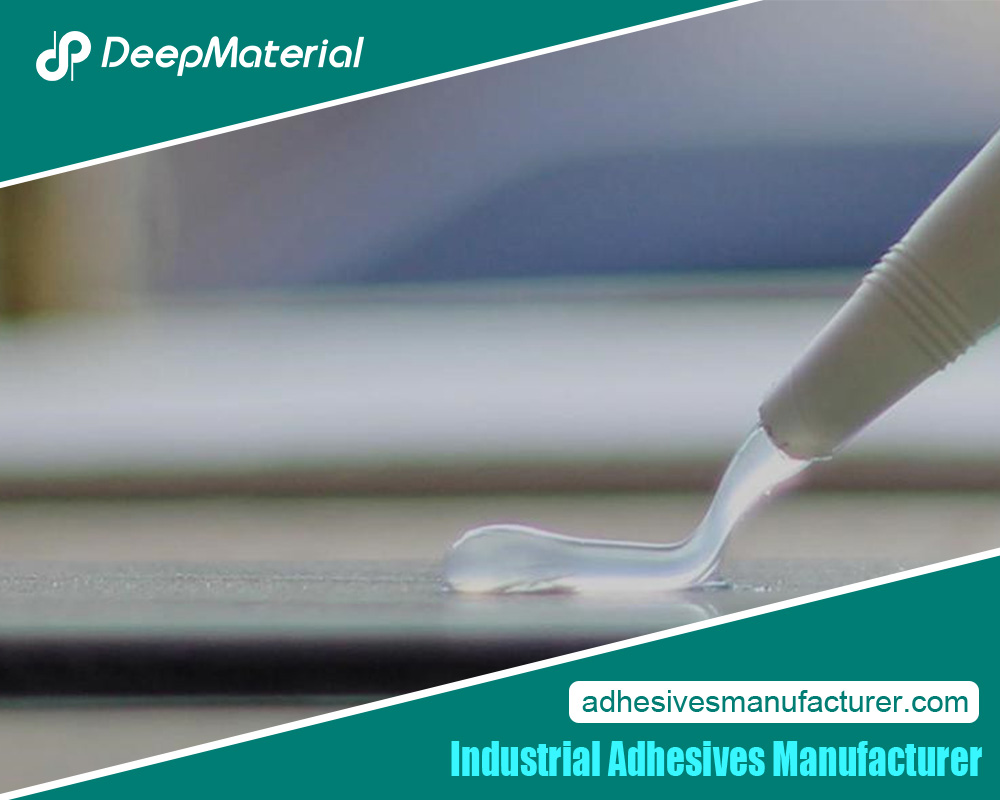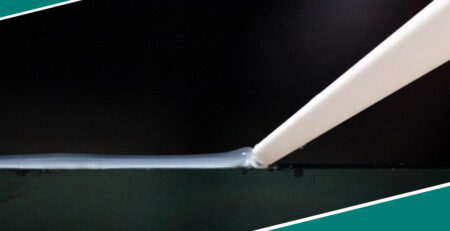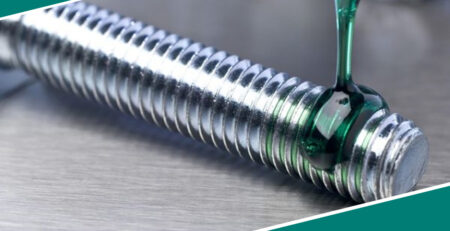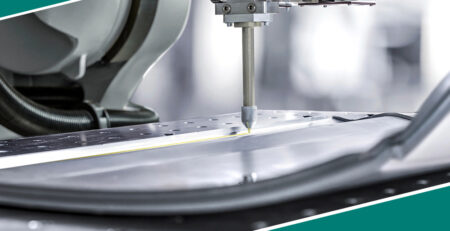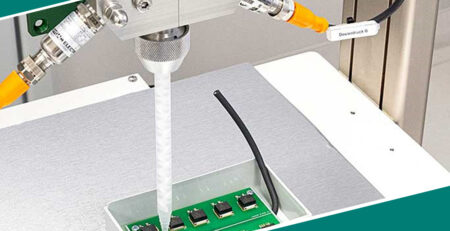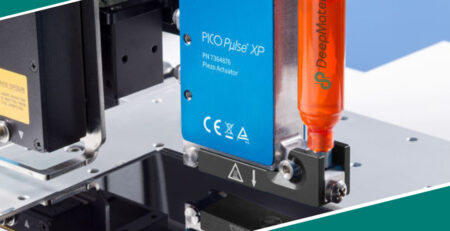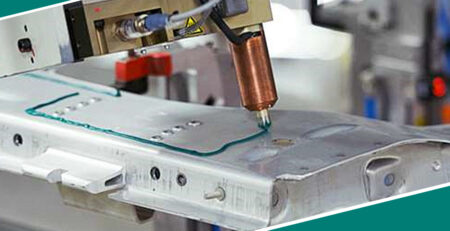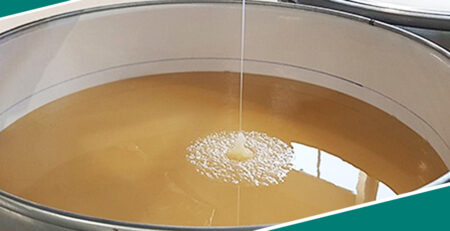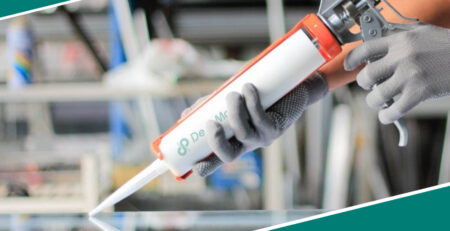Enhancing Safety with Epoxy Powder Coating for Electrical Insulation
Enhancing Safety with Epoxy Powder Coating for Electrical Insulation
Electrical insulation? Big deal for any gadget with a spark. It’s like the unsung hero that keeps things running smoothly and safely. Think about it—without good insulation, your gear could throw tantrums, zapping folks or frying itself. Not cool, right?
Keeping your circuits cozy is essential, from your blender to the big machines. It’s all about peace of mind, making sure you don’t get a hair-raising shock while your tech stays tip-top.
Understanding Epoxy Powder Coating
Now, let’s chat about epoxy powder coating. Picture this: instead of slapping on wet paint, you toss a cloud of powder that sticks because it’s charged up—literally. Heat it, and bam, you’ve got yourself a tough-as-nails coat that laughs at scratches and scoffs at the sun.
This isn’t just any old coat; it’s a fortress in a powder form, shielding against whatever Mother Nature or your factory floor throws its way.
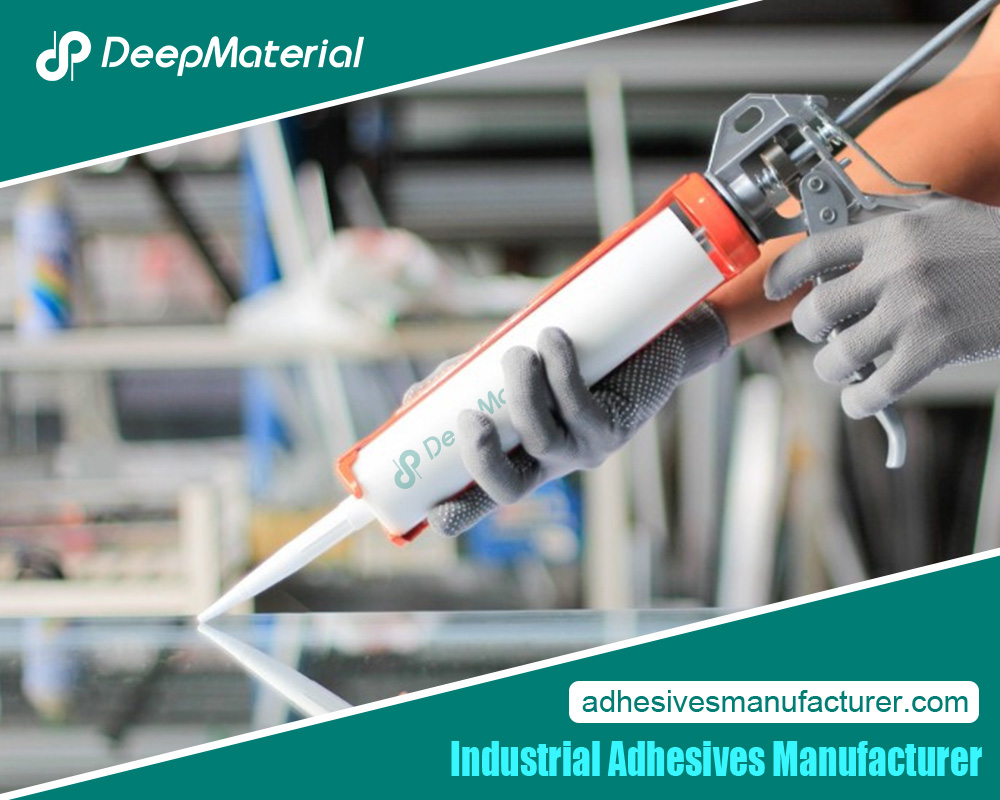
The Benefits of Epoxy Powder Coating for Electrical Insulation
Choosing epoxy powder for electrical insulation? Smart move. It’s got dielectric muscles, flexing under high voltages without breaking a sweat. Perfect for keeping your circuits safe and sound.
But wait, there’s more! It’s like a triple-threat against heat, chemicals, and rust. Bring on the heatwave or chemical spill; this coating’s got it covered. Plus, it’s tough as old boots—knocks, bumps, and scrapes? No problem. It keeps protecting, which means less cash spent on fix-ups.
So when you’re beefing up your electrical systems, epoxy powder coating is the MVP. It keeps things running without a hitch, which is pretty key when downtime feels like a disaster movie. No wonder it’s a hit for anyone serious about keeping their electric goodies in prime condition.
Improved Dielectric Strength and Voltage Resistance
Epoxy powder coatings excel at insulating against electrical currents. They possess high dielectric strength, which prevents electrical breakdowns and ensures safe operation of electrical equipment.
These coatings can handle high voltages and resist electrical currents, making them essential for electrical insulation. They provide a strong, reliable barrier against electricity, protecting systems from dangerous short circuits, arcing, and other failures.
This robust voltage resistance is especially critical in applications involving high-voltage or high-power, where an electrical failure could have serious consequences.
Enhanced Thermal and Chemical Resistance
Epoxy powder coatings are resistant to heat, chemicals, and other environmental factors. This resistance makes them suitable for electrical applications that might be exposed to harsh conditions.
The thermal stability of these coatings allows them to maintain protective properties in high temperatures, such as in industrial settings or near heat-generating components. Their chemical resistance also protects electrical insulation from harmful acids, solvents, and corrosives, preserving the integrity of the system over time.
This ability to withstand a variety of conditions is a significant advantage of epoxy powder coatings in electrical applications, ensuring the insulation can handle diverse operating environments.
Increased Durability and Longevity
Epoxy powder coatings are highly durable and resistant to wear, which increases the lifespan of electrical insulation. This durability reduces the need for frequent maintenance and replacement, saving both time and resources.
The robust nature of these coatings protects them from physical impacts, abrasion, and other mechanical stress, ensuring that the electrical insulation remains intact and effective for a long time. They are also resistant to cracking, chipping, and peeling, enhancing their long-term performance.
This durability is particularly valuable in settings where the electrical insulation faces frequent handling, vibration, or other challenging conditions. By extending the insulation’s service life, epoxy powder coatings minimize the risk of failures and the associated costs of maintenance and replacement.
Environmentally Friendly and Sustainable
Epoxy powder coatings are a popular choice for electrical insulation due to their environmental benefits. Compared to traditional liquid-based coatings, they have a lower environmental impact and contribute to the sustainability of electrical systems. One of the main advantages of epoxy powder coatings is their low VOC content. This means they release fewer harmful chemicals into the air during the application process, making them a safer and more eco-friendly option.
Additionally, epoxy powder coatings generate less waste during the application process, further reducing their environmental footprint. The long-lasting nature of epoxy powder coatings is another key benefit. Because they are highly durable and resistant to wear and tear, they can help to reduce the frequency of replacement and the associated waste generated. This makes them a more sustainable choice for electrical insulation and other industrial applications.
Application Techniques for Epoxy Powder Coating
Epoxy powder coating is typically applied using an electrostatic spray process, which ensures even and consistent coverage. This process involves charging the powder particles with an electrical charge, which then attracts them to the surface being coated, creating a uniform layer. Proper surface preparation and application techniques are crucial to achieving the desired results and ensuring the long-term performance of the coating.
This may include thorough cleaning, degreasing, and in some cases, the use of a primer to enhance adhesion. The application of the powder coating is followed by a curing process, where the coated surface is heated to a specific temperature, causing the powder to melt and fuse into a durable, protective layer. Attention to detail and adherence to manufacturer guidelines during the application and curing stages are essential to maximizing the benefits of epoxy powder coatings for electrical insulation.
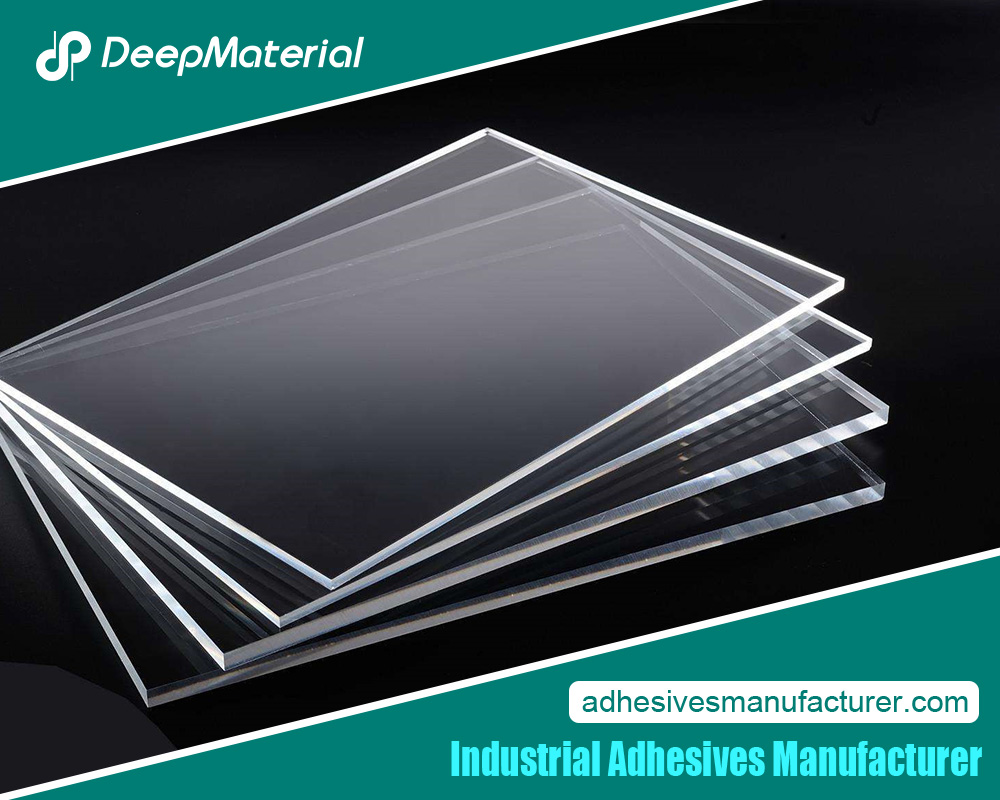
Final Words – Ensuring Safety and Compliance with Epoxy Powder Coating
When you’re using epoxy powder coatings for electrical insulation, sticking to the safety rules and regulations is a must. You need to handle, store, and get rid of the coating materials properly, making sure the end result ticks all the safety and compliance boxes.
Handling these coatings might mean gearing up in personal protective equipment (PPE) and following safety protocols at work to cut down the chances of getting exposed or breathing in the stuff. Also, once that epoxy coating has cured, it needs a thorough check-up. You’ve got to test it to make sure it’s up to snuff with the required dielectric strength, thermal resistance, and other specs for its electrical job.
Staying in line with industry standards and rules is key to keeping electrical systems safe and reliable when they’re shielded by epoxy powder coatings. By putting safety and compliance first, manufacturers and maintenance pros play a big part in protecting both the folks using the equipment and the equipment itself.
For more about enhancing safety with epoxy powder coating for electrical insulation, you can pay a visit to Deepmaterial at https://www.adhesivesmanufacturer.com/ for more info.

